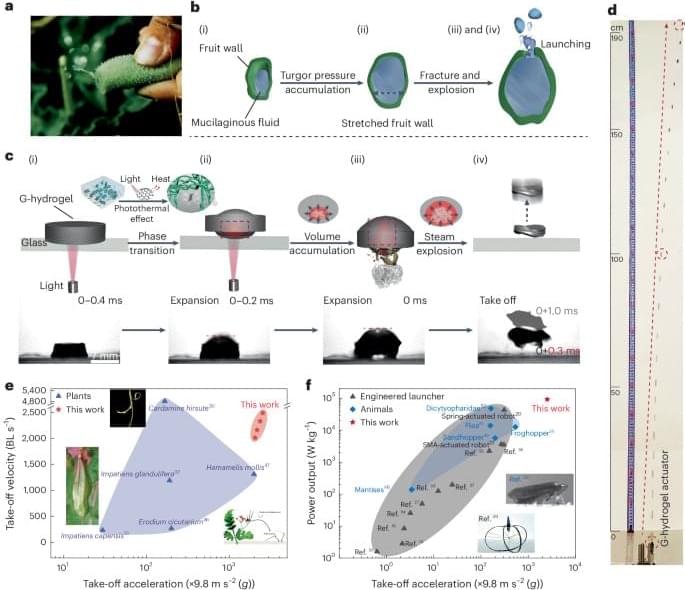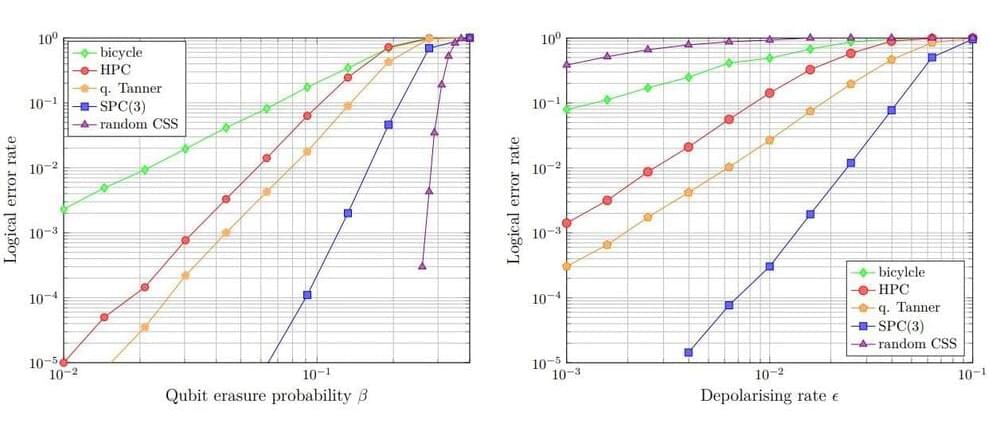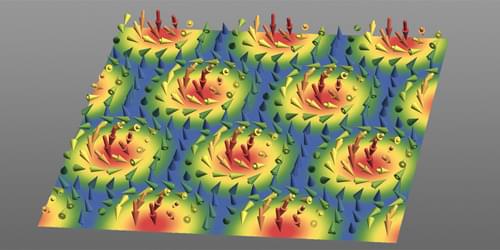Twisting the graphene sheets in a bilayer stack, so that the 2D orientations of the sheets are offset from one another, can drastically affect how the stack reacts to light. Researchers have observed the effect experimentally, but they lack an accurate theory of the behavior. Now Lorenzo Cavicchi at the Scuola Normale Superiore in Italy and collaborators have developed a theory that predicts that light-impinged twisted graphene bilayers could host two kinds of electron oscillations known as plasmons [1]. One of these plasmons, the acoustic plasmon, is tightly confined between the two graphene layers, giving it properties that could allow for its use in studying light–matter interactions.
The electrons in a twisted graphene bilayer are distributed unevenly across the system. This inhomogeneous distribution results from the system’s misaligned carbon atoms. Cavicchi and his colleagues accounted for the electron inhomogeneity in their theory. They also modeled the bilayer as two distinct sheets rather than as a single unit, as was done previously.
The team’s theory predicts the bilayer can host two kinds of plasmon oscillations: the previously known optical plasmon, where all electrons move in the same direction at the same time, and an acoustic plasmon, where the electrons in each sheet move in opposite directions. For a graphene bilayer with a 5° twist angle between the sheets, the researchers predict that the acoustic plasmon should have a velocity of about 840,000 meters per second. That velocity is slow enough that the oscillations are confined within the 0.3-nm gap between the graphene sheets. The researchers say that this tight confinement leads to interactions between the plasmon and incoming light that enhance the intensity of that incoming light. This behavior could be useful for applications in quantum cavities.









